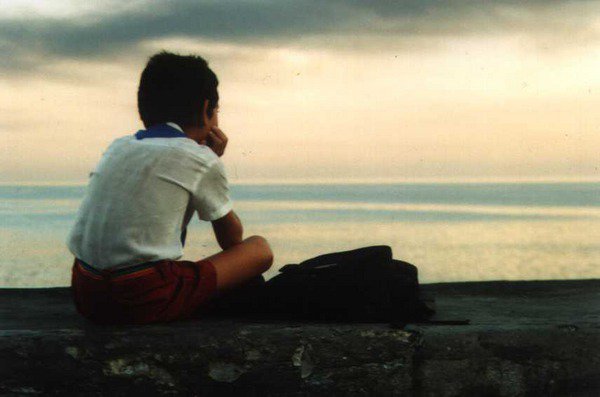Politics: I don't like it, but it likes me
dal 11/4/2013 al 1/6/2013
Segnalato da
Laznia Centre For Contemporary Art
Jairo Alfonso
Alexandre Arrechea
Tomasz Bajer
Carlos Boix
Brumaria
Los Carpinteros
Fernando Sanchez Castillo
Jeannette Chavez
Democracia
Leandro Feal
Nicolas Grospierre
Diango Hernández
Agnieszka Kalinowska
Tomasz Kozak
Hamlet Lavastida
Glenda Leon
Glexis Novoa
Daniel Silvo
Piotr Wyrzykowski
Dermis P. Leon
Agnieszka Kulazinska
Madeleine Navarro Mena
11/4/2013
Politics: I don't like it, but it likes me
Laznia Centre For Contemporary Art, Gdansk
The exhibition is an ironic statement on history; it reveals political marriages with everyday life. It offers an ample platform for the discussion on different issues concerning Cuban, Polish and Spanish transition in their social processes.

Laznia Centre for Contemporary Art presents the exhibitions within the framework of a long-term project titled Cities on the Edge.
Artists: Jairo Alfonso, Alexandre Arrechea, Tomasz Bajer, Carlos Boix, Brumaria, Los Carpinteros, Fernando Sánchez Castillo, Jeannette Chavez, Democracia, Leandro Feal, Nicolas Grospierre, Diango Hernández, Agnieszka Kalinowska, Tomasz Kozak, Hamlet Lavastida, Glenda León, Glexis Novoa, Daniel Silvo, Piotr Wyrzykowski
Curators: Dermis P. Leon (Curatorial Bureau), Agnieszka Kulazińska
Screening: Politically, about Cuba, Curator: Madeleine Navarro Mena; supported by Lech Walesa Institute in Warsaw
22–26 May 2013
Centre for Contemporary Art Laznia (Jaskółcza 1, Gdańsk), Krytyka Polityczna (ul. Nowe Ogrody 35, Gdansk)
The title of the exhibition, Politics: I don't like it, but it likes me, was borrowed from the text of a song by a Cuban group called Porno para Ricardo. The musicians suggest that, whether we want it or not, we are immersed in politics. Is this opinion valid only in Cuba?
Politics shapes our everyday life. This statements sounds like a cliché, for we seem to be aware of its influence on our lives. However, this fact is especially poignant at present, in the times of crisis. It seems to lose its power at the time of prosperity. What is the role of art in the process of transition?
The exhibition Politics: I don't like it, but it likes me is an ironic statement on history; it reveals political marriages with everyday life. The exhibition offers an ample platform for the discussion on different issues concerning Cuban, Polish and Spanish transition in their social processes, inward and outward identity construction and representation in this context of displacement where Capitalism has become the only system.
The exhibition includes a selection of Cuban films curated by Madeleine Navarro Mena. The screening is composed of films and documentaries, which are crucial to enhance the understanding of the last 53 years of Cuban history.
Image: Seres extravagantes (2004), documentary, 55 min, director: Manuel Zayas; with English subtitles
Opening: 12 April, 6 p.m.
Laznia Centre for Contemporary Art
Ul. Jaskolcza 1 80-767 Gdansk, Poland
Tue-Wed, Fr-Sun 12.00-18.00, Thur 12.00-20.00
Office: 8 a.m. - 4 p.m. Mon - Fr



